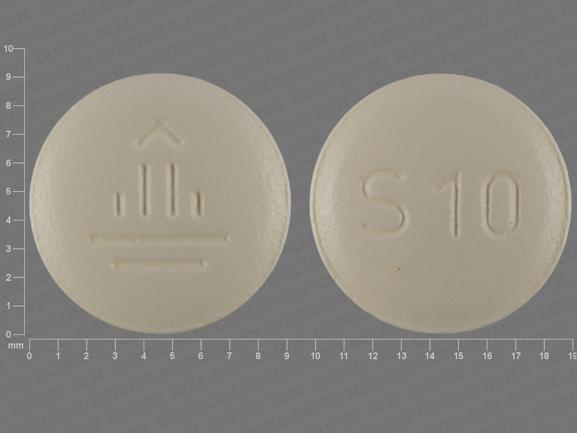Empagliflozin Disease Interactions
There are 3 disease interactions with empagliflozin.
SGLT2 inhibitors (applies to empagliflozin) renal dysfunction
Major Potential Hazard, Moderate plausibility.
The glucose lowering effects of sodium-glucose cotransporter 2 (SGLT2) inhibitors are decreased in patients with worsening renal function. Additionally, patients with impaired renal function (estimated GFR less than 60 mL/min/1.73 m2), older adult patients, and patients on loop diuretics may be more likely to experience adverse reactions related to volume depletion such as hypotension and acute kidney injury during therapy. Renal function should be evaluated prior to treatment initiation and monitored regularly in at-risk patients. Volume status should be assessed and volume depletion corrected before initiating therapy. The use of SGLT2 inhibitors in patients undergoing dialysis is either contraindicated or not recommended. The manufacturer product information should be consulted for contraindications and indication specific renal dosing.
SGLT2 inhibitors (applies to empagliflozin) hypotension
Moderate Potential Hazard, Moderate plausibility. Applicable conditions: Renal Dysfunction
Sodium-glucose cotransporter 2 (SGLT2) inhibitors cause intravascular volume contraction which may lead to symptomatic hypotension after treatment initiation, especially in older adult patients, patients with impaired renal function, patients with low systolic blood pressure, or those using diuretics. Volume status should be assessed and corrected before starting treatment and patients should be monitored during therapy.
SGLT2 inhibitors (applies to empagliflozin) infections
Moderate Potential Hazard, Moderate plausibility. Applicable conditions: Infection - Bacterial/Fungal/Protozoal/Viral
Sodium-glucose cotransporter 2 (SGLT2) inhibitors increase the risk of genital mycotic infections. Care should be exercised when using an SGLT2 inhibitor in patients who have a history of chronic or recurrent genital mycotic infections or who are uncircumcised as these patients are more likely to develop genital mycotic infections. Patients should be monitored and treated appropriately.
Switch to professional interaction data
Empagliflozin drug interactions
There are 432 drug interactions with empagliflozin.
Empagliflozin alcohol/food interactions
There is 1 alcohol/food interaction with empagliflozin.
More about empagliflozin
- empagliflozin consumer information
- Check interactions
- Compare alternatives
- Reviews (351)
- Side effects
- Dosage information
- During pregnancy
- Drug class: SGLT-2 inhibitors
- Breastfeeding
- En español
Related treatment guides
Drug Interaction Classification
| Highly clinically significant. Avoid combinations; the risk of the interaction outweighs the benefit. | |
| Moderately clinically significant. Usually avoid combinations; use it only under special circumstances. | |
| Minimally clinically significant. Minimize risk; assess risk and consider an alternative drug, take steps to circumvent the interaction risk and/or institute a monitoring plan. | |
| No interaction information available. |
See also:
Further information
Always consult your healthcare provider to ensure the information displayed on this page applies to your personal circumstances.


